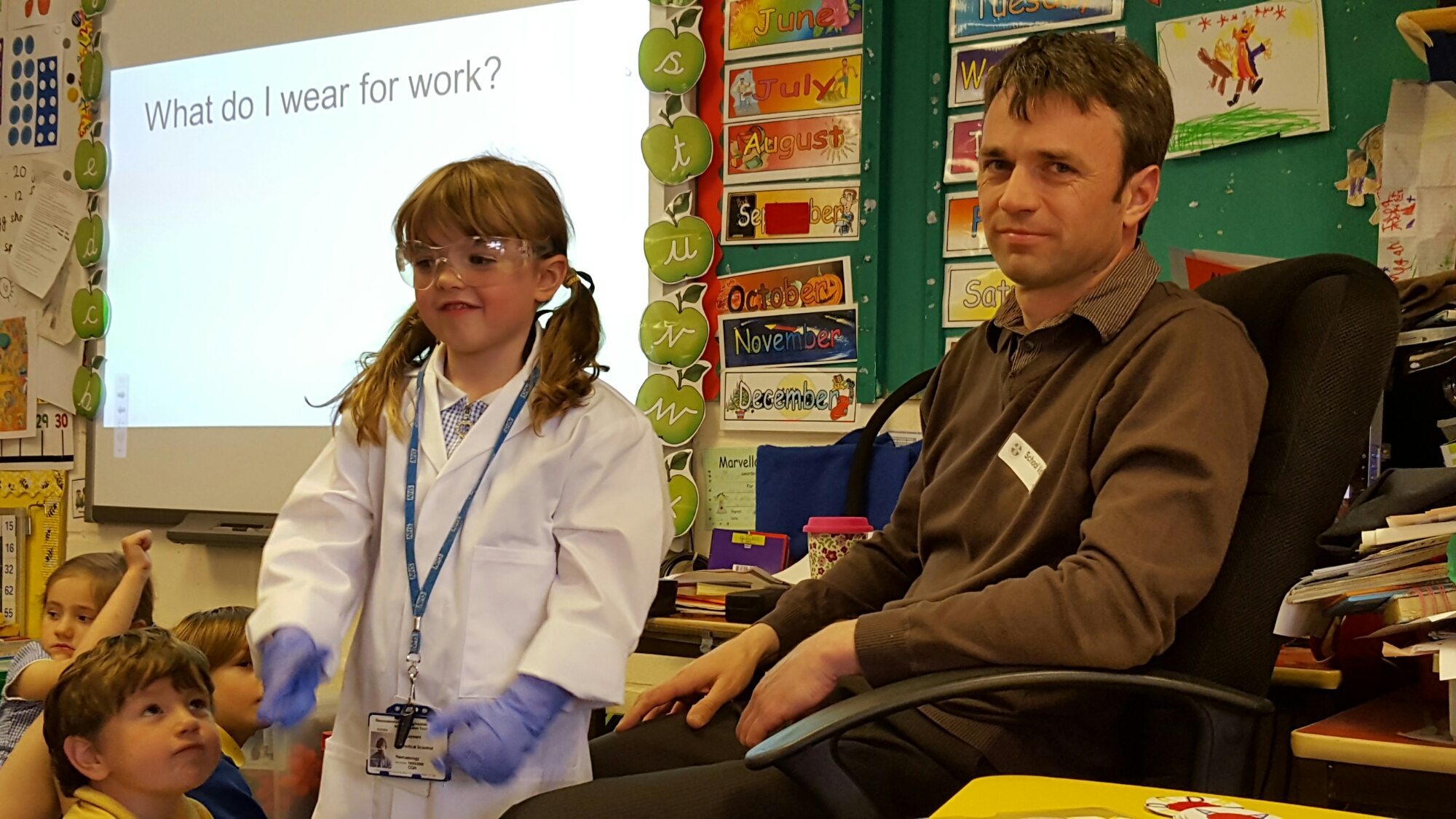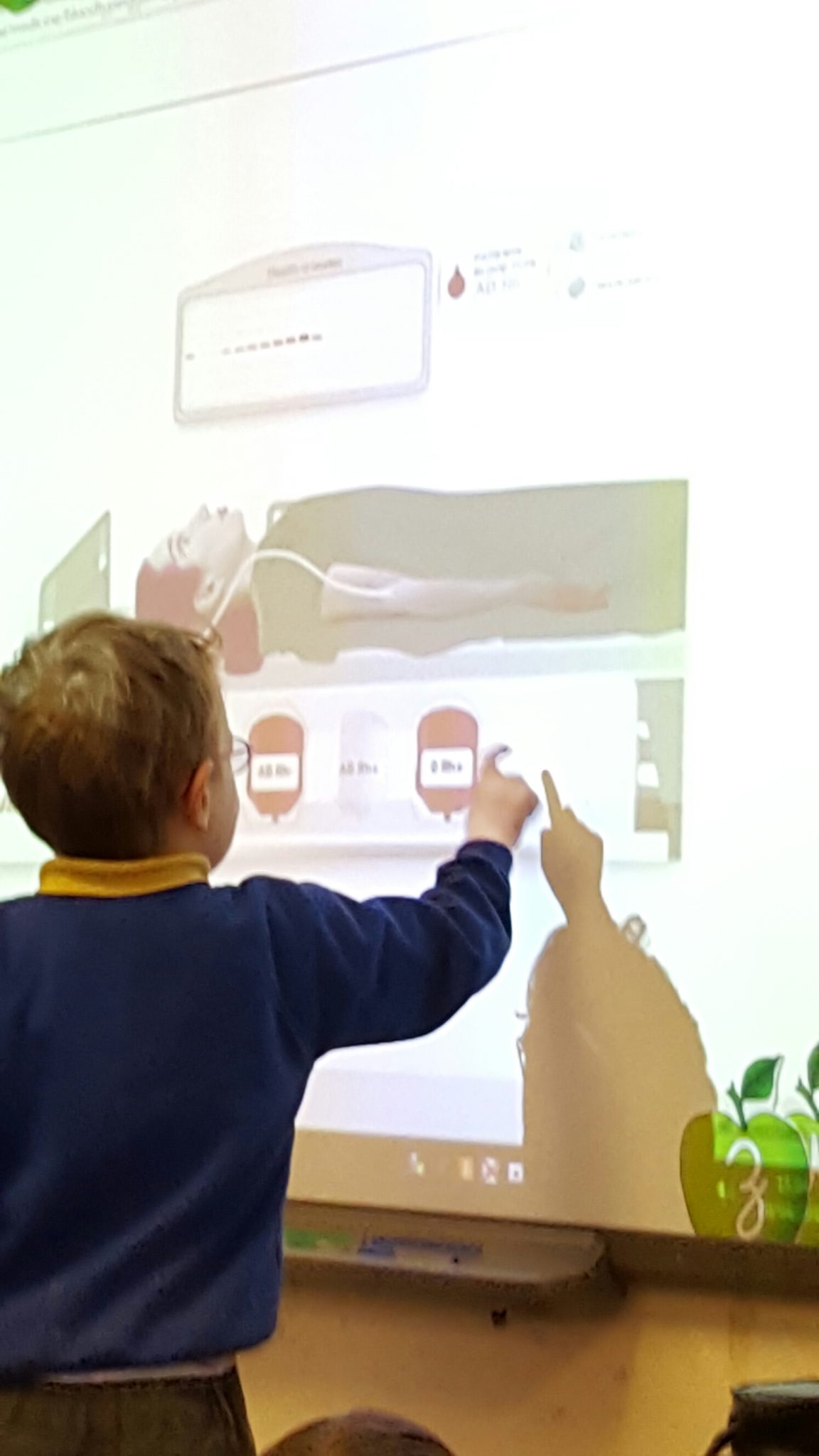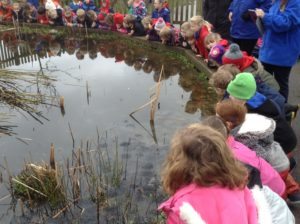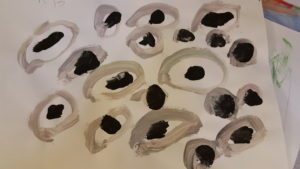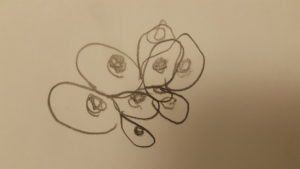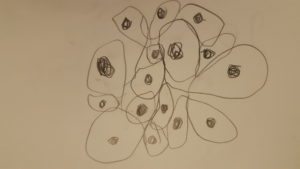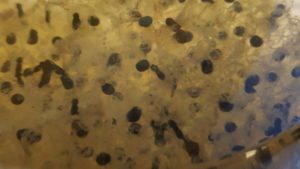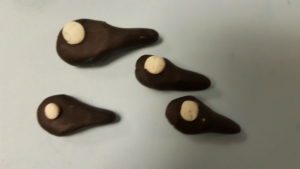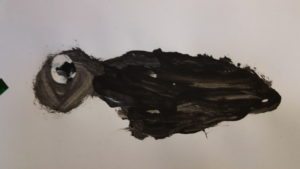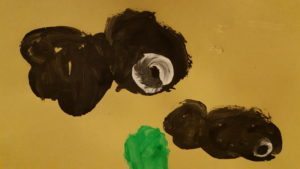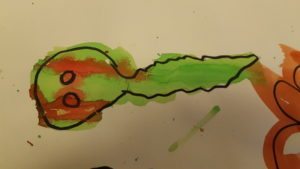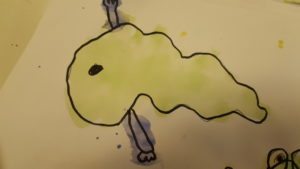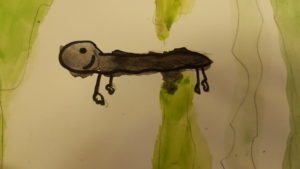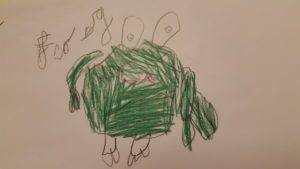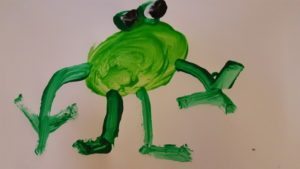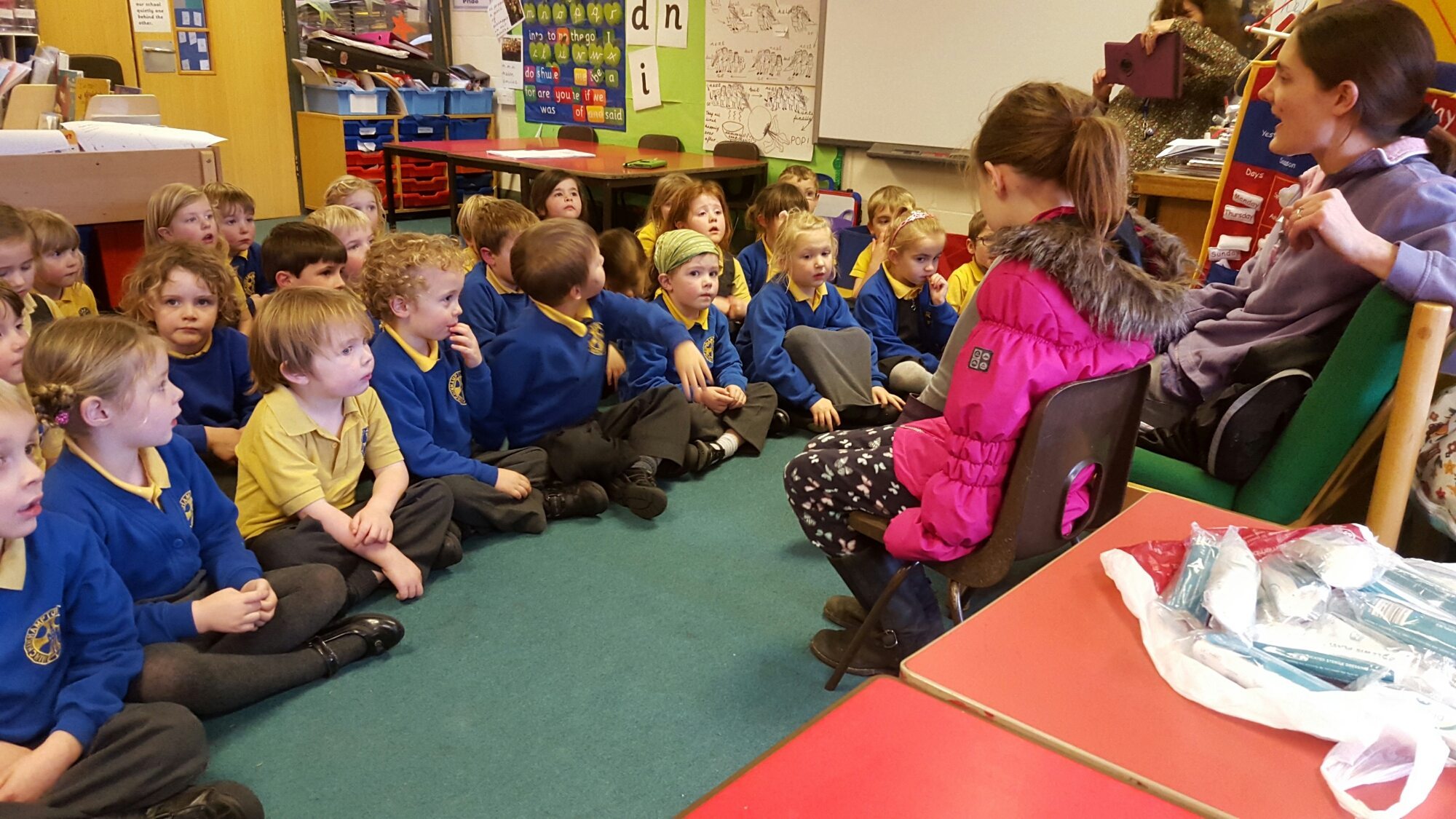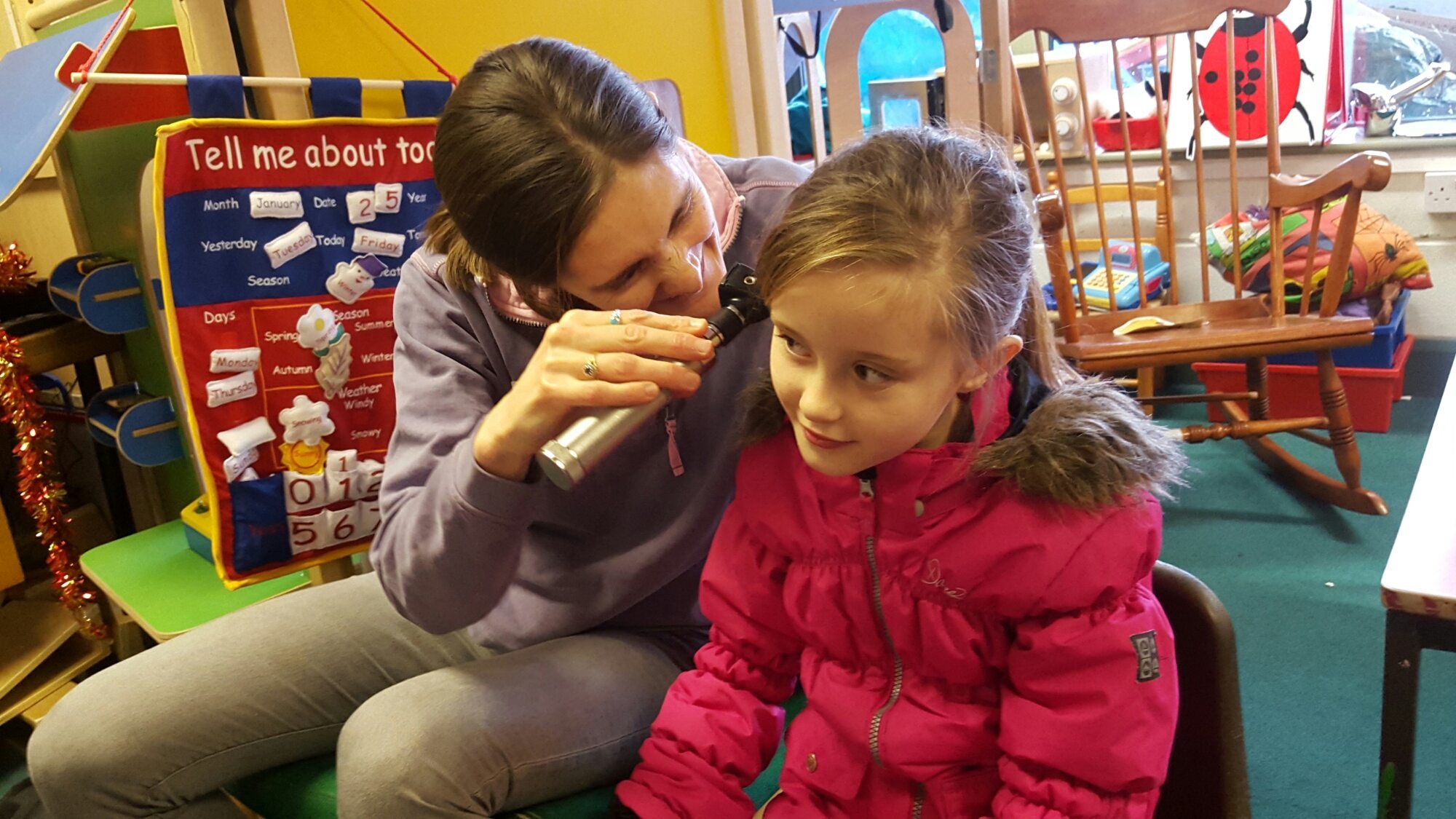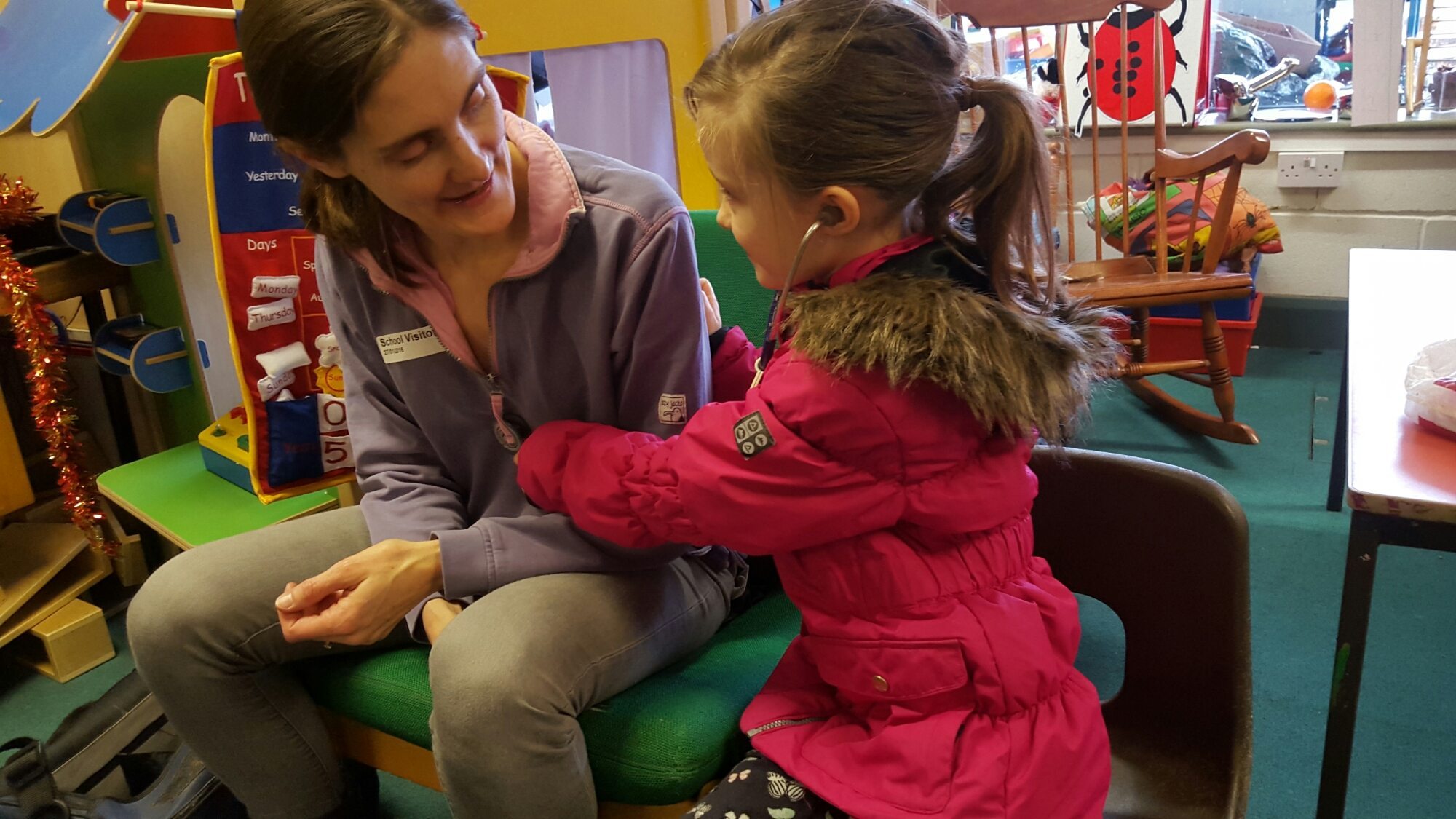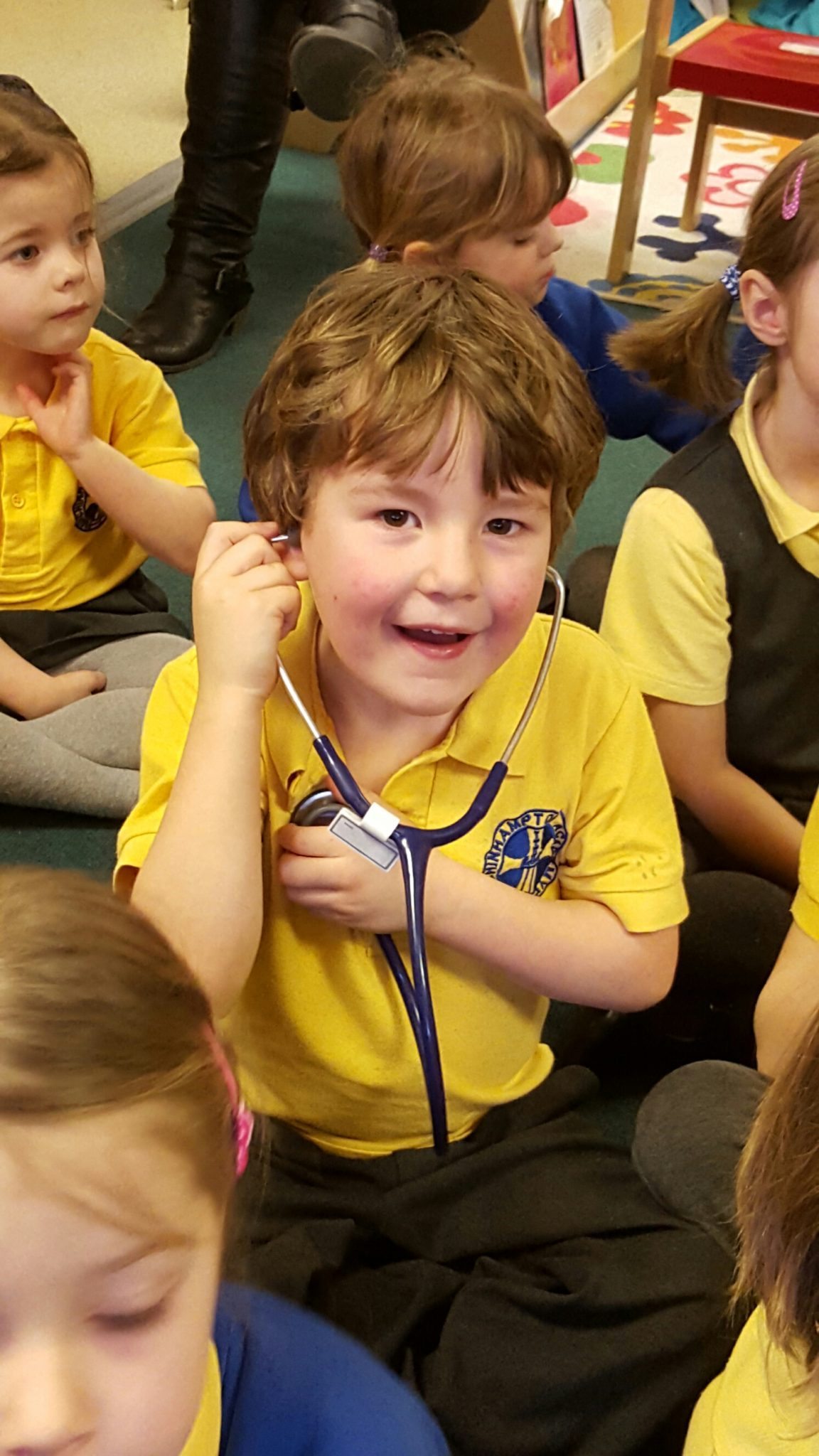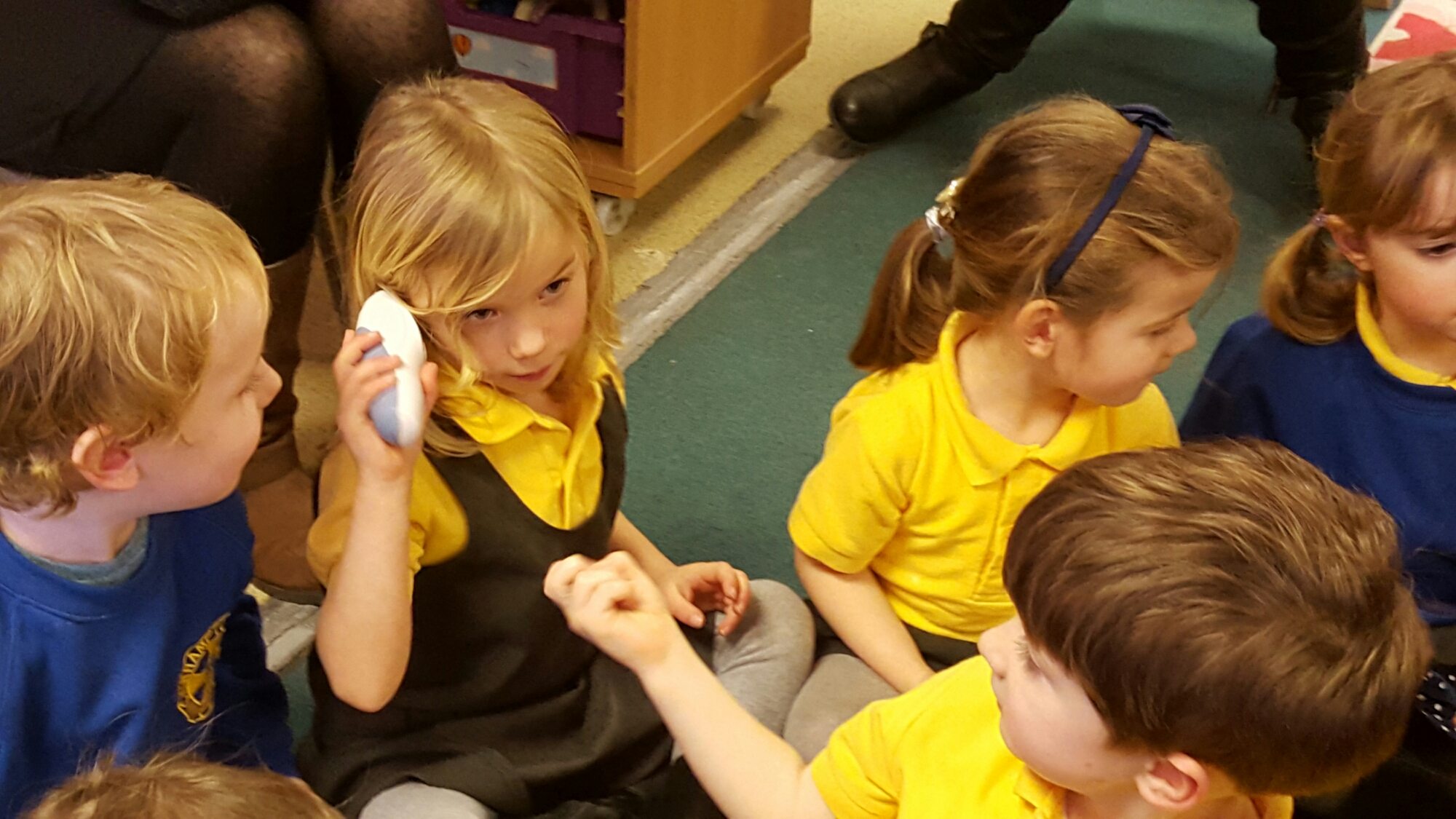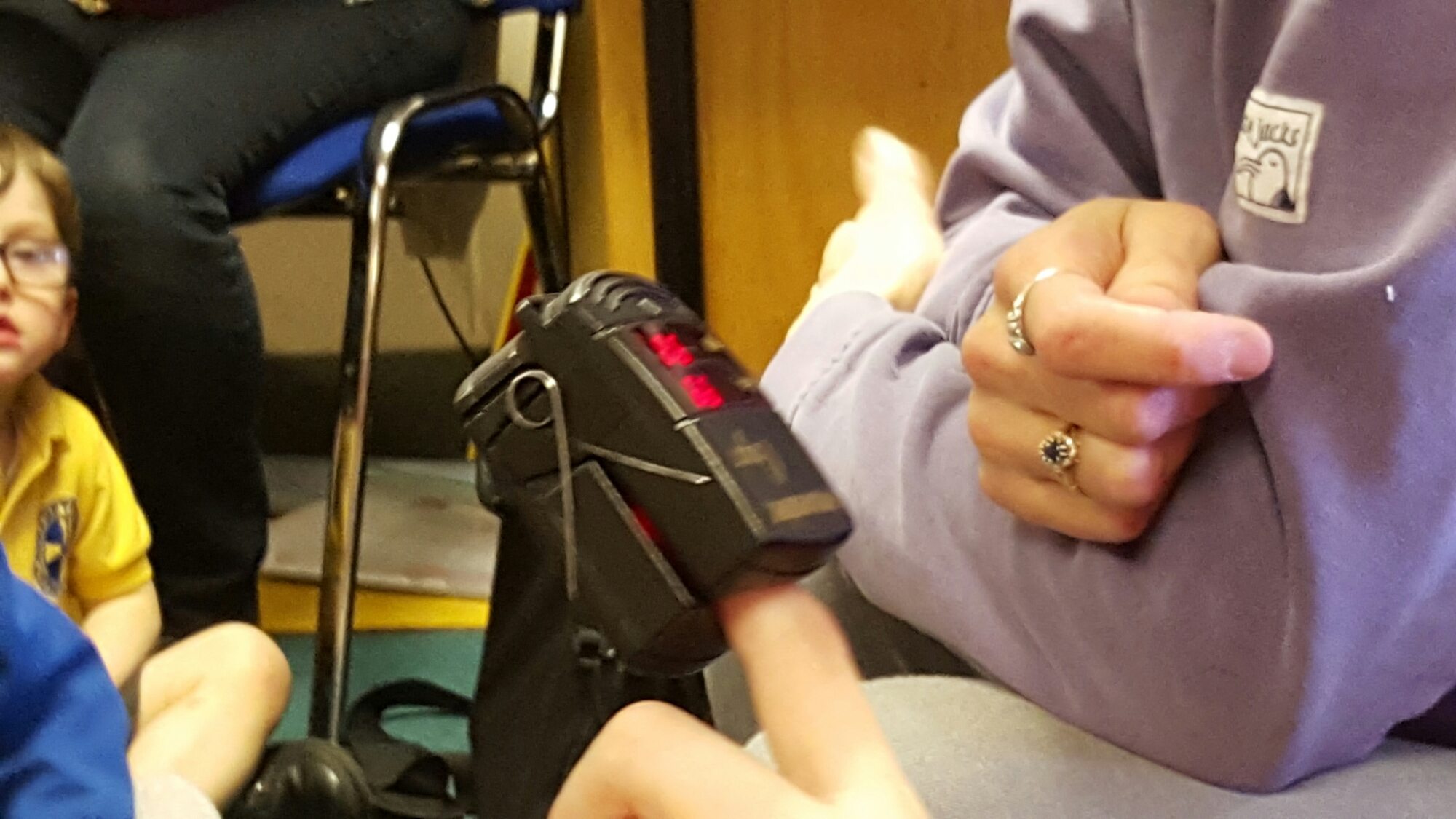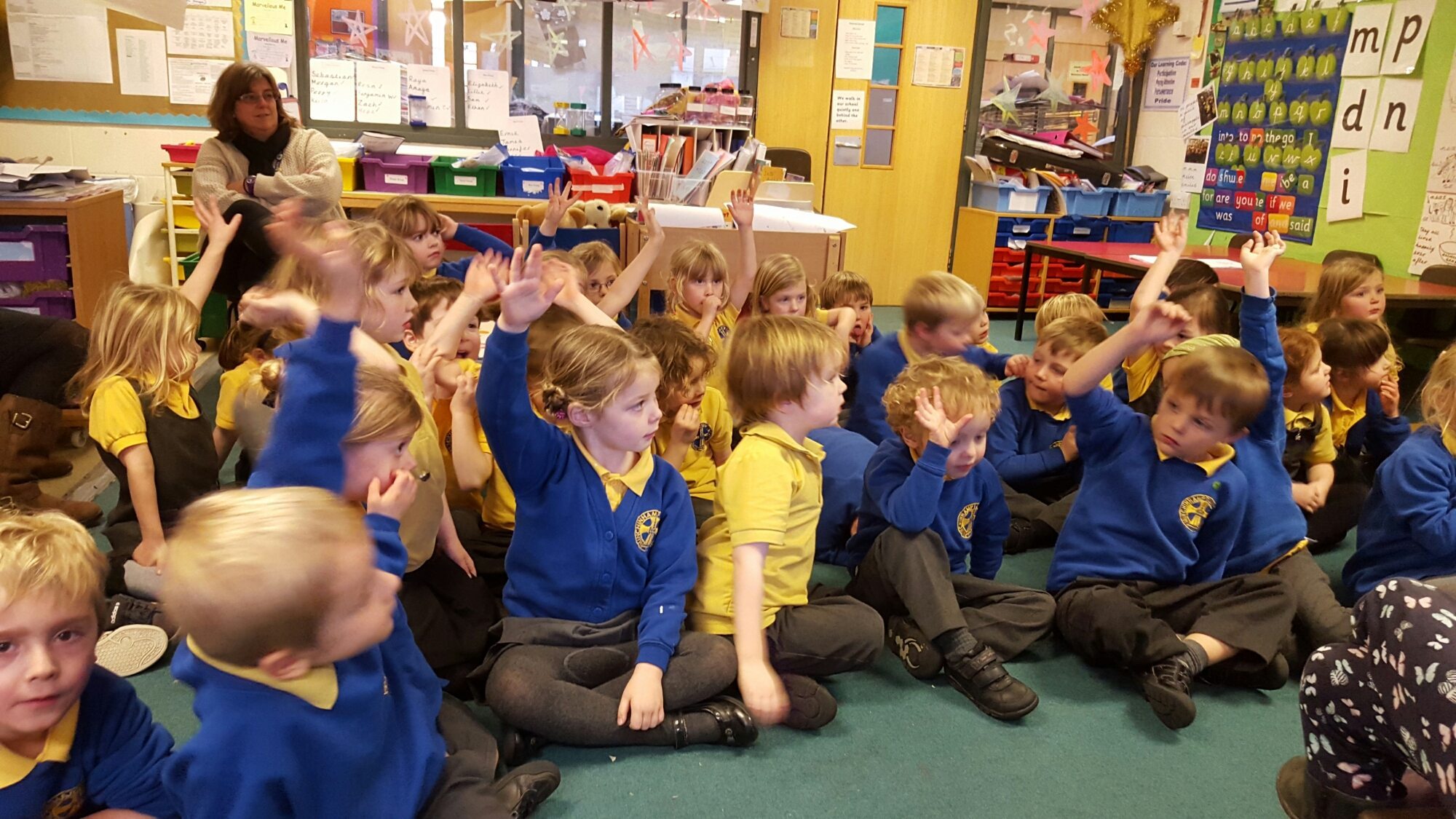The summer term is upon us and we are in full swing.
We have learnt so much already and we still have two terms to go.
This term, in class, we are concentrating on writing.
Writing is used to communicate information and ideas. Through writing we explore ideas, record things we have done or need to do and share our thoughts, desires and feelings. It is particularly important that children in the early years gain control of spelling and handwriting and they need much support and encouragement as they attempt to write at this time.
By the end of Reception, to reach the expected level of development, children should –
“use their phonic knowledge to write words in ways which match their spoken sounds. They also write some irregular common words. They write simple sentences which can be read by themselves and others. Some words are spelt correctly and others are phonetically plausible.” ELG 10
Here are some examples of how this may look;
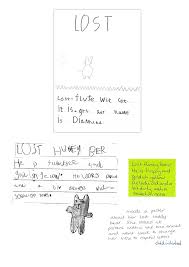
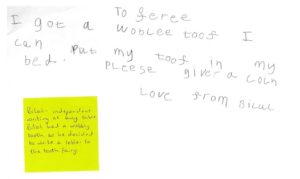
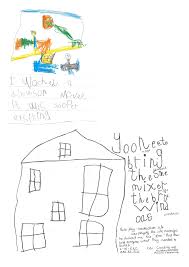
Some children will also exceed this and be able to – “spell phonically regular words of more than one syllable as well as many irregular but high frequency words. They use key features of narrative in their own writing.” ELG 10 exceeding statement.
Lots of us are now forming letters correctly and many of us are starting to write words on our own and there is still lots of things to learn and remember when writing.
We teach the children to write independently ie sounding out and spelling words on their own, using their own knowledge of phonics and letter formation.
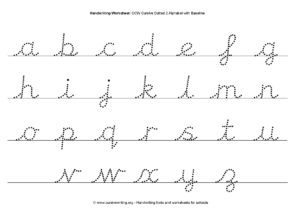
We use sound mats to help with letter formation and to decide which sound to use.
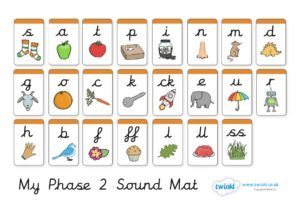
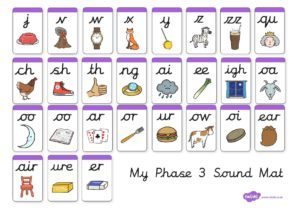
When children write in sentences we encourage them to think it, say it, write it, read it.

This encourages children to spend time thinking about what to write, then rehearsing the sentence out loud. Oral rehearsal will allow the child to check if their sentence makes sense, and if it sounds the way they want it to. It means that they can edit and improve the sentence before they even put pen to paper. Once they are happy that the sentence sounds right, they can write it. Finally, the child checks the sentence by reading it aloud.
We also encourage children to use finger spaces between words, capital letters at the beginning of every sentence and full stop at the end of every sentence.
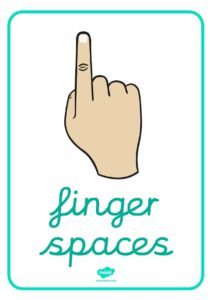
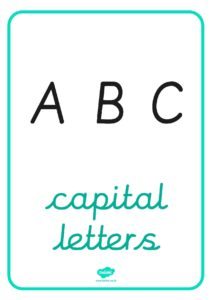
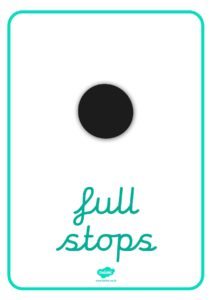
In class this term we will be writing everywhere – inside / outside, about anything and everything and we would be grateful if you could keep the momentum going by encouraging writing at home too.
- Encourage your child to have a go at writing and praise any attempts at independent writing – writing without adult support is a big achievement.
- Provide lots of attractive writing equipment, eg fancy pens, chalk, crayons and pencils, papers and notebooks, post-it notes and envelopes.
- Try to suggest good reasons for writing – postcards, shopping lists, cards and invitations.
- Encourage them to read back their writing to you.
- Try to resist giving them spellings or words to copy or trace over.
- Encourage them to sound words out as much as possible, even if they can only write the initial sound or a couple of sounds in a word.
- Gently correct or show your child letter formation – this is tricky for young children to grasp.
- Remind your child to use lower case letters and only use upper case only for names and at the beginning of sentences.
- Encourage your child to have the correct pencil grip.
- As their writing progresses, encourage them to use full stops and capital letters.
- Don’t worry if the letters are not even or don’t stay on the line – it would be unusual if they did.
- Most of all, make writing fun!
We would love to see all of your writing at home so please bring it in to share with the class or upload a picture onto your child’s learning diary so that we can see what you have been getting up to. Thank you.
